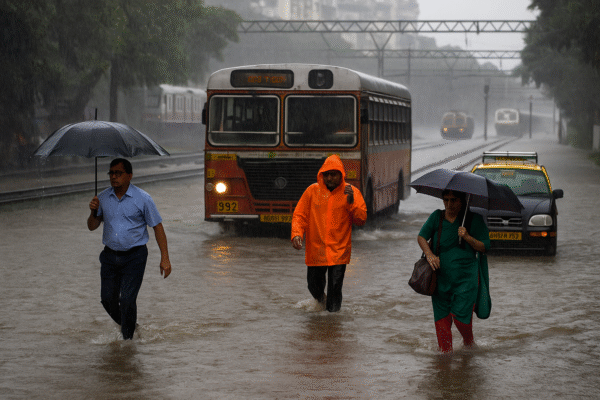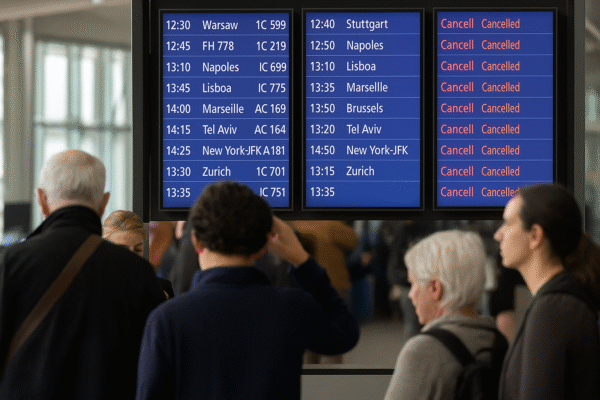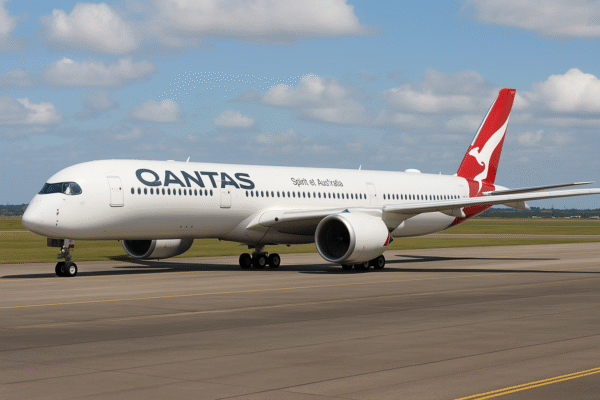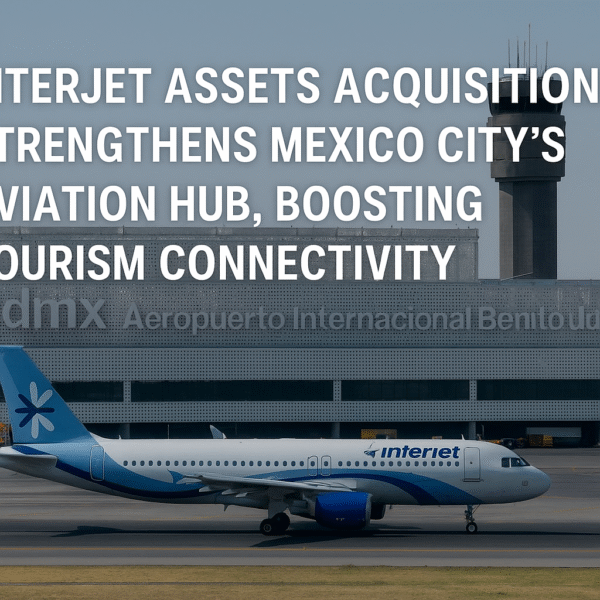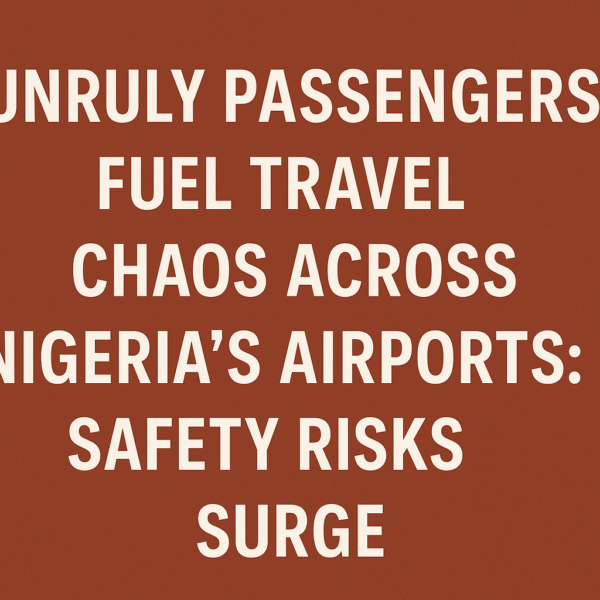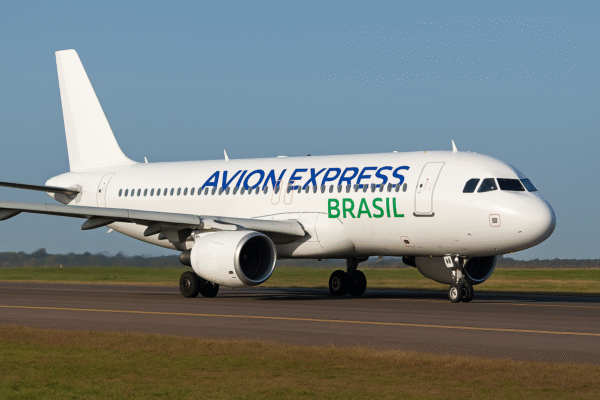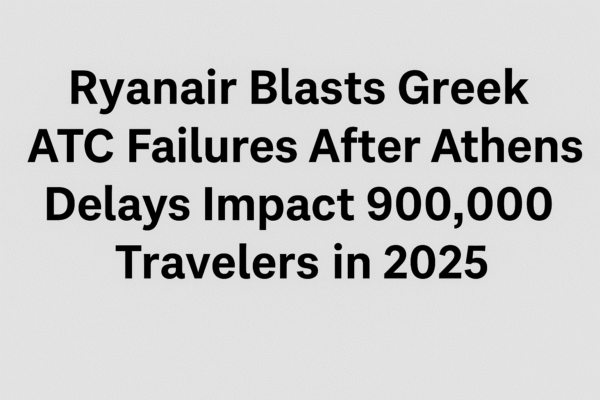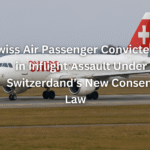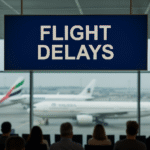Athens & Brussels – Ryanair has issued a bold call for urgent reforms to Europe’s fractured air traffic control (ATC) system after hundreds of thousands of travelers faced disruptions this year. Athens International Airport has become a flashpoint, where ATC mismanagement and technical failures have left nearly a million passengers delayed.
Athens ATC Crumbles Under Pressure
On 20 August 2025, equipment failure at Athens’s ATC center triggered delays affecting 12 Ryanair flights and over 2,000 passengers. This follows a string of persistent issues across Greek ATC operations. Ryanair reported that from 1 January to 20 August, over 5,000 of its flights were unfairly delayed, impacting more than 900,000 passengers—ranking Greece the 5ᵗʰ worst-performing ATC service in Europe.
The airline lambasted the European Commission, mocking President Ursula von der Leyen as “Derlayed-Again” for failing to deliver real progress.
Broader ATC Landmines Across Europe
Ryanair is not alone in its criticism. In July, its “League of Delays” report identified France, Spain, Germany, Portugal, and the UK as the worst-performing ATC services—contrasted against more efficient providers like Denmark and the Netherlands. Ryanair blamed staffing negligence at the root.
Further evidence from Eurocontrol reveals a troubling trend: en-route ATC delays increased from 1.9 minutes per flight in 2023 to 2.3 minutes in 2024, driven by rising staff shortages and outdated infrastructure.
An eKathimerini report confirmed that ATC capacity issues were responsible for 80% of route delays in Greece, France, Germany, and Spain during early August.
Tourism Fallout: Why It’s So Urgent
Delays at Athens aren’t just an operational headache—they’re a tourism threat. With Greece ranking as the 16th-busiest airport in Europe, serving over 31 million passengers in 2024, backlog at its control center resonates across travel itineraries.
Holidays ruined by delays, missed bookings, and disrupted connections erode traveler trust—especially amid Greece’s reliance on summer tourism. This extends well beyond local economic ripples, becoming a European concern.
Ryanair’s Push for ATC Reform
Ryanair’s response includes the “Air Traffic Control Ruined Your Flight” campaign—urging passengers to lodge complaints directly with the European Transport Commissioner.
The airline argues such collective pressure may prompt tangible reforms in staffing, training, and ATC modernisation—necessities plugged into the Single European Sky initiative, designed to streamline fragmented management of EU airspace.
EU Outlook & Regulatory Response
The EU has warned that 2025’s summer flight delays could be the worst yet, citing a perfect storm of high demand, strikes, staffing shortages, wildfires, and climatic pressures. Key tourist nations like France, Germany, Greece, and Spain stand to suffer most—threatening travel recovery.
Meanwhile, a two-day ATC strike in France threw Europe into chaos—cancelling thousands of flights and impacting over a million passengers, including significant disruption at British airports. Ryanair and easyJet linked the fallout to structural ATC weaknesses and demanded Single European Sky implementation.
What Travellers Can Do Now
Plan ahead: Arrive at the airport early and expect delays.
Check compensation rights: Under EU Regulation 261/2004, delays over 3 hours may warrant compensation, unless deemed “extraordinary.”
Use airline tools: Monitor flights via Ryanair’s platform and follow advice for claiming refunds or rerouting.
Weather and strikes matter: Stay informed of strikes or heat advisories affecting airspace.
Quick Overview
| Issue | Key Fact |
|---|---|
| Athens Delays | >5,000 flights delayed, 900,000+ passengers affected in 2025 |
| ATC Failures | Equipment failures and staffing issues major cause of delays |
| Europe-wide Impact | ATC delays rising; Greece among most affected, along with France, etc. |
| Tourism Risk | Greek summer bookings at stake; broader erosion of trust in travel |
| Call for Reform | Ryanair pushing for EU-wide ATC reform via Single European Sky |
Final Note
Ryanair’s public challenge underscores a growing travel credibility crisis rooted in outdated infrastructure and fragmented governance. More than a corporate squeeze, it is a clarion call: Europe must modernise how its skies are managed—now—not just to serve demand, but to safeguard the travel experiences that matter most.
For more travel news like this, keep reading Global Travel Wire



